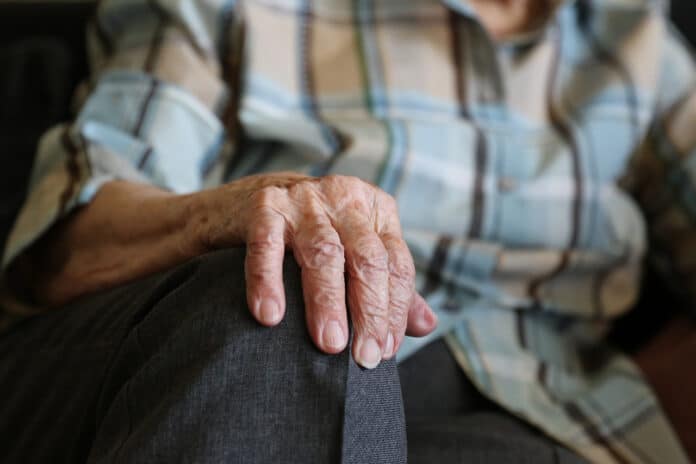Aging is a systemic process, a risk factor for impaired physiological functions, and finally, death. The molecular mechanisms driving the aging process and the associated cognitive decline are not fully understood.
The hypothalamus has been identified as a critical central regulator of aging processes in the brain and the sub-brain region. The hypothalamus acts as the arbiter that orchestrates systemic aging through neuroinflammatory signaling.
Recently, a new study by Lige Leng of Xiamen University, Xiamen, China, and colleagues, showed that Menin, a hypothalamic protein, is a crucial inhibitor of hypothalamic neuroinflammation. It leads them to wonder what role Menin may play in aging.
They found that the level of Menin in the hypothalamus, but not astrocytes or microglia, declines with age. It suggests that the decline in the hypothalamic Menin may play a key role in aging.
They developed conditional knockout mice that could have Menin activity blocked to study this decline. They discovered that lower levels of Menin in younger mice were associated with increased hypothalamic neuroinflammation, aging-related traits like decreased bone density and skin thickness, cognitive decline, and moderately shorter lifespans.
The amino acid D-serine, which is present in foods like soybeans, eggs, fish, and nuts and is known to be a neurotransmitter, is also decreased due to the loss of Menin. The authors demonstrated that an enzyme involved in its manufacture had lost activity, which was the cause of this drop.
Might physiological aging symptoms be reversed by reversing age-related Menin loss?
Scientists tested by delivering the gene for Menin into the hypothalamus of elderly (20-month-old) mice. After 30 days, the mice were found to have improved skin thickness and bone mass, along with better learning, cognition, and balance, which correlated with an increase in D-serine within the hippocampus.
Remarkably, similar benefits on cognition, though not on the peripheral signs of aging, could be induced by three weeks of dietary supplementation with D-serine.
Leng said, “We speculate that the decline of Menin expression in the hypothalamus with age may be one of the driving factors of aging. Menin may be the key protein connecting the genetic, inflammatory, and metabolic factors of aging. D-serine is a potentially promising therapeutic for cognitive decline.”
Leng adds, “Ventromedial hypothalamus (VMH) Menin signaling diminished in aged mice, which contributes to systemic aging phenotypes and cognitive deficits. The effects of Menin on aging are mediated by neuroinflammatory changes and metabolic pathway signaling, accompanied by serine deficiency in VMH, while restoration of Menin in VMH reversed aging-related phenotypes.”
Journal Reference:
- Leng L, Yuan Z, Su X, Chen Z, Yang S, Chen M, et al. (2023) Hypothalamic Menin regulates systemic aging and cognitive decline. PLoS Biol 21(3): e3002033. DOI: 10.1371/journal.pbio.3002033
